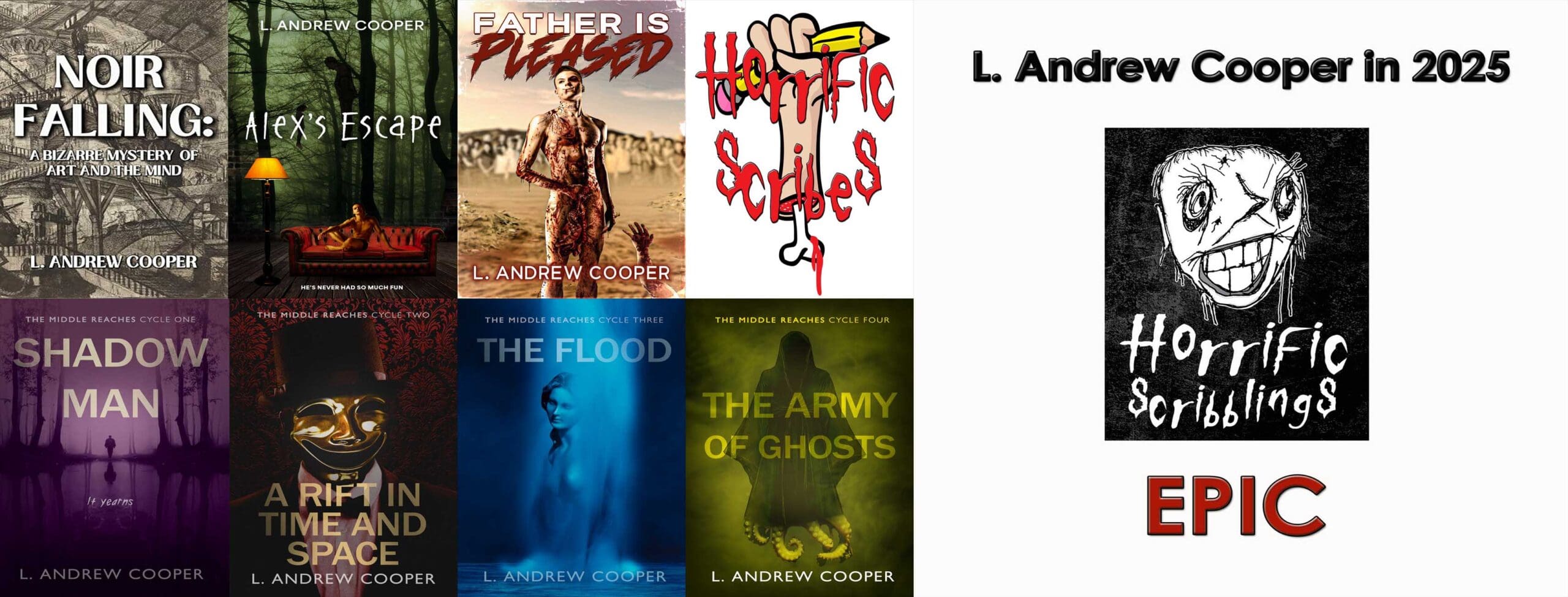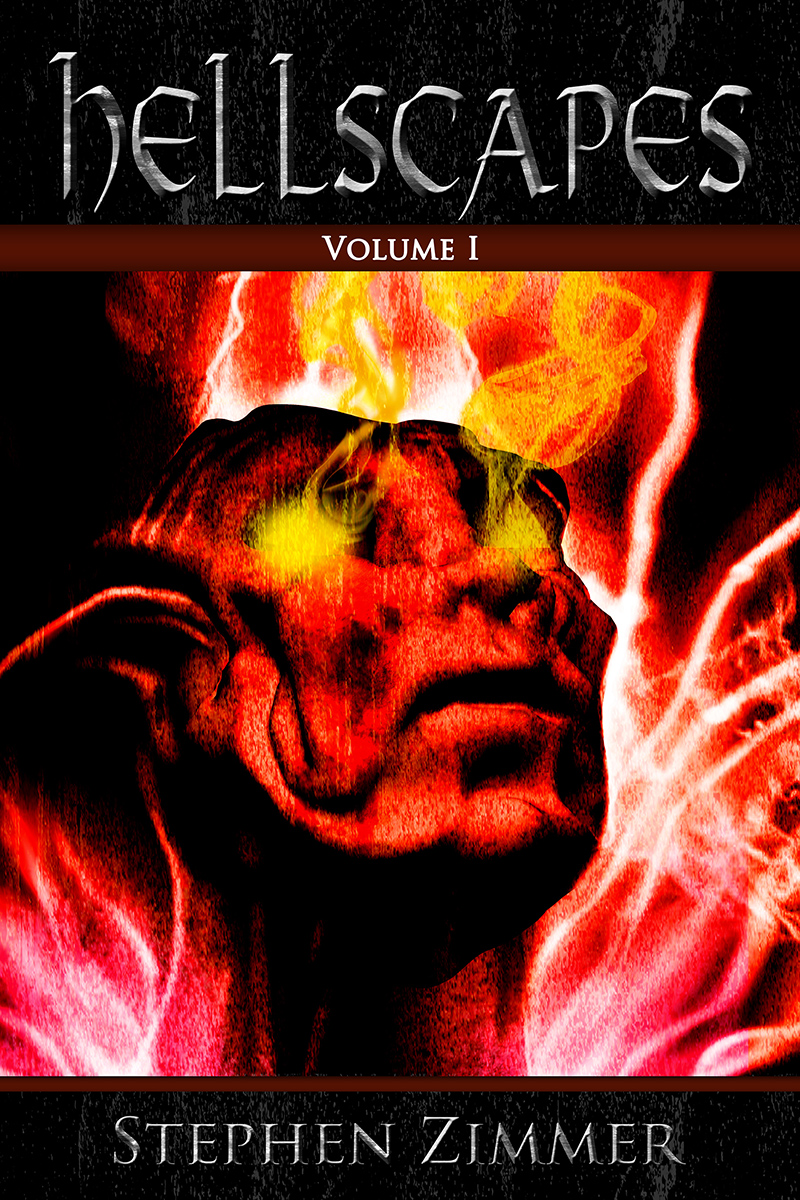Dark Delicacies and other pleasures, Dec. 1, 2pm Pacific
Before I started publishing my work, two bookstores captured my imagination and became backdrops for book-signing fantasies. One of them, Oxford Books in Atlanta, no longer exists. The other, Dark…


Descending Lines: The Cover Is Only a Hint
Hopefully in time for Halloween, my novel Descending Lines is coming soon from Blackwyrm Publishing. Megan and Carter Anderson’s 6-year-old daughter Caitlin is dying a slow, horrible death from bone…